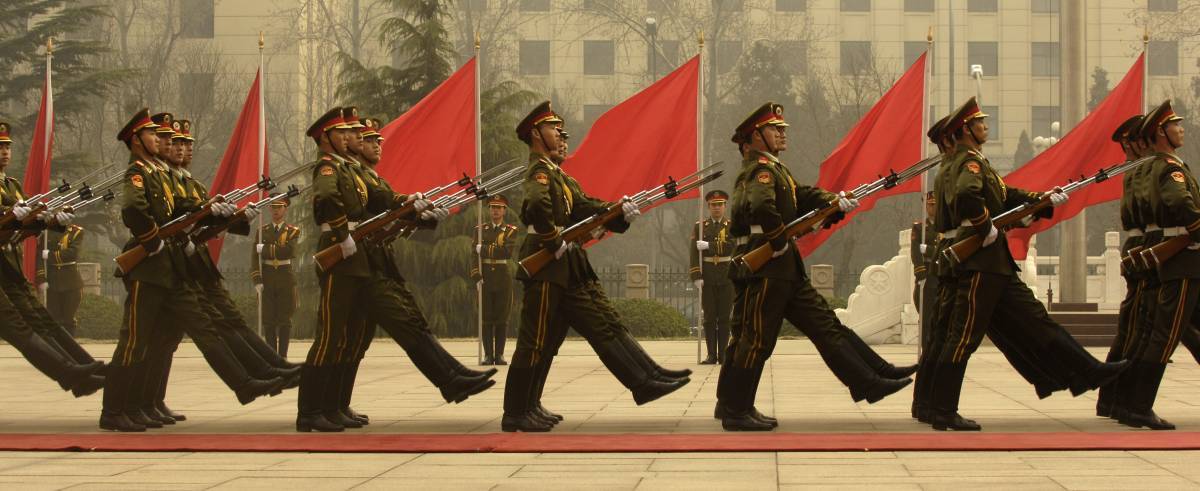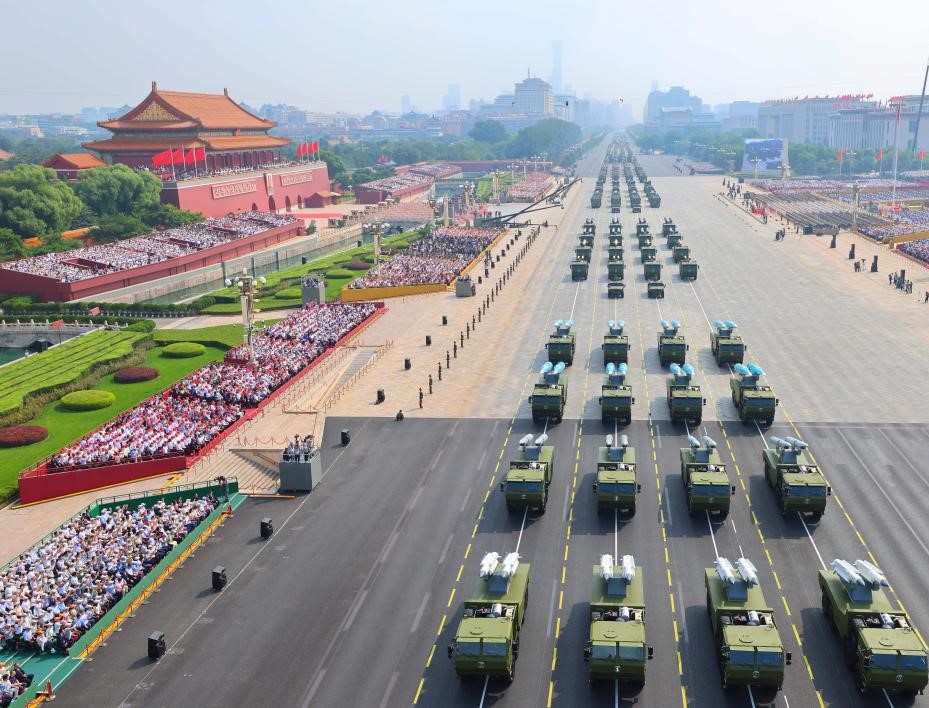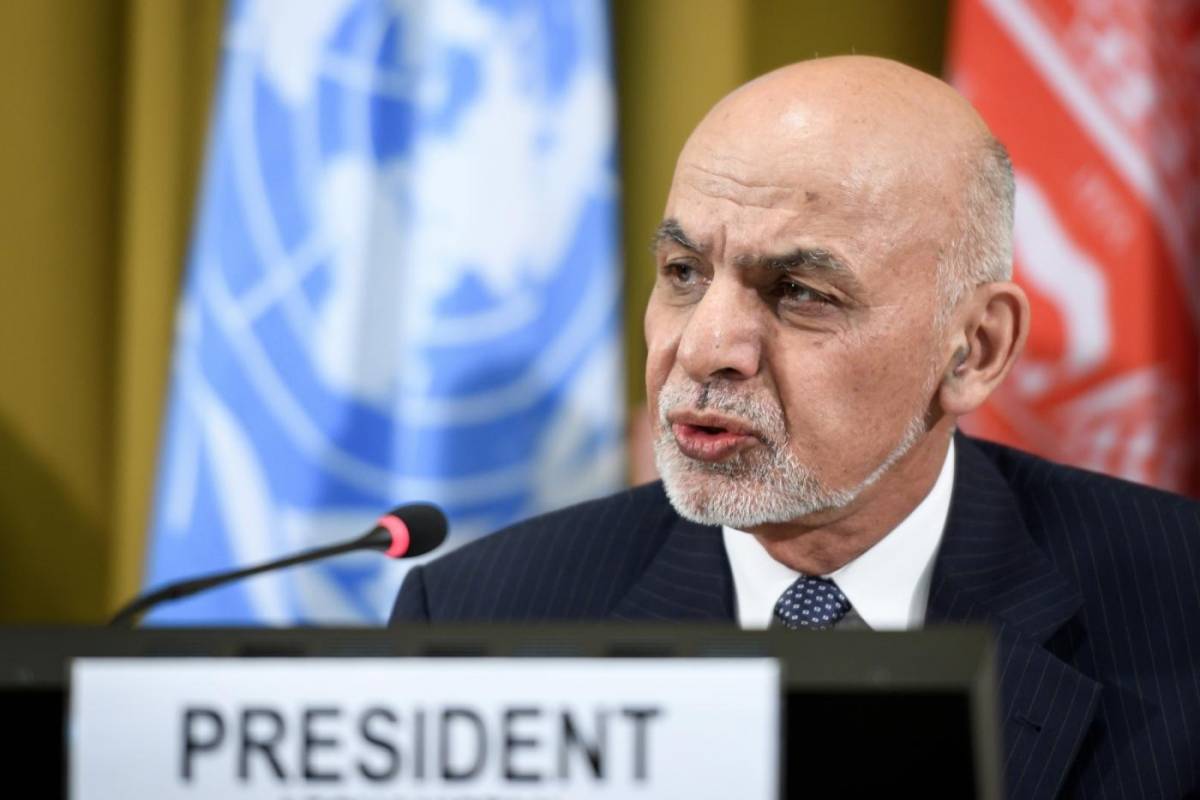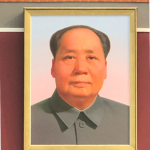The United Nations has categorised the group as a “terror organisation” since 2002….reports Asian Lite News
Amid the ongoing US troop withdrawal from Afghanistan, China is worried about the instability to come in the country, a revival of the East Turkestan Islamic Movement (ETIM), its cross-border agitation and terrorism in Xinjiang region, said scholar Salman Rafi Sheikh.
The ETIM, also known as the Turkistan Islamic Movement, is an ethnic Uighur group active in Afghanistan that has long sought to achieve independence for Xinjiang, which it envisions as a future “East Turkestan.”
The ETIM is also active in Syria’s civil war, where battle-hardened fighters have largely been grouped in Idlib and other northern regions. The United Nations has categorised the group as a “terror organisation” since 2002.
In November 2020, the former Donald Trump administration removed ETIM from America’s terror list, saying at the time there was “no credible evidence” that ETIM still exists.
In an opinion piece in Asia Times, Sheikh said as the Taliban surges north in the wake of America’s troop withdrawal, it seems likely only a matter of time before the group overruns Kabul and its US-backed government, and establishes in its place a new “Islamic Emirate”, as it has repeatedly said it aims to do.

“A Taliban takeover, analysts and observers believe, will open new space for groups like ETIM to recruit and radicalize Uighur youth, many of whom are already reportedly deeply disaffected by reports of Beijing’s Uighur “vocational camps” and authoritarian control of Muslim religious practices in Xinjiang,” Sheikh added.
He further stated that for Beijing, however, the concern is not merely the spread of radical ideas among Uighur Muslims in neighboring Afghanistan. Rather, it is the threat a resurgence of extremism could pose to its strategic Belt and Road Initiative in the region, not least in Pakistan.
Four of China’s six so-called Silk Road networks, including the China-Pakistan Economic Corridor (CPEC), emanate from or pass through Xinjiang. Those roads aim to connect China with Russia, Central, Southern, and Western Asia, reaching the Mediterranean Sea.
ALSO READ: China Fear Revival of Turkistan Islamic Movement Amid US Troop Pull Out
Specifically, Silk Road networks other than the CPEC that run through Xinjiang include the China-Central Asia-West Asia Economic Corridor, the New Eurasia Land Bridge Economic Corridor, and the China-Mongolia-Russia Economic Corridor.
Sheikh said that while the departure of US and NATO forces from neighboring Afghanistan is no doubt broadly welcomed by China, it also puts Beijing in a new strategic quandary – one that could make or break its BRI ambitions in the region.
“Beijing’s concerns about the ETIM in Afghanistan are not simply an exaggerated threat assessment to justify its authoritarian control of Uighurs in Xinjiang. In 2008, China’s Ministry of Public Security released a list of eight “terrorists” linked to ETIM with detailed charges against them, including threats to bomb the 2008 Beijing Olympics,” Sheikh added.
Citing the recent United Nations Security Council report, Sheikh said, despite the Trump administration’s denials ETIM not only exists and operates in Afghanistan but is also pursuing a “transnational agenda.”

According to the report, ETIM is among the “foremost” foreign terror groups operating in Afghanistan. The report said ETIM is situated mainly in Badakhshan, Kunduz and Takhar provinces and that Abdul Haq (Memet Amin Memet) remains the group’s leader, he said.
The report goes on to say approximately 500 ETIM operate in the north and northeast of Afghanistan, primarily in Raghistan and Warduj districts, Badakhshan, with financing based in Raghistan. Those northern areas connect with China through the narrow Wakhan Corridor, a potential passageway for Xinjiang-bound militants.
The UN report said ETIM collaborates with Lashkar-e-Islam and Tehrik-e-Taliban Pakistan, two banned Pakistani groups. It also said ETIM “has a transnational agenda to target Xinjiang, China, and the China-Pakistan Economic Corridor, as well as Chitral, Pakistan, which poses a threat to China, Pakistan and other regional states,” he said.
Citing another report, Sheikh said that it indicates Beijing is trying to get a grip on the situation in Afghanistan. According to media reports, in December 2020, a Chinese spy ring was arrested in Afghanistan.
Although Beijing denied the allegation, Ahmad Zia Saraj, the chief of Afghanistan’s National Directorate Security, confirmed to the Afghan Parliament that the arrests had indeed been made. What information the reputed spies may have gathered and transmitted to Beijing before their apprehensions, however, is unknown, he added. (ANI)














